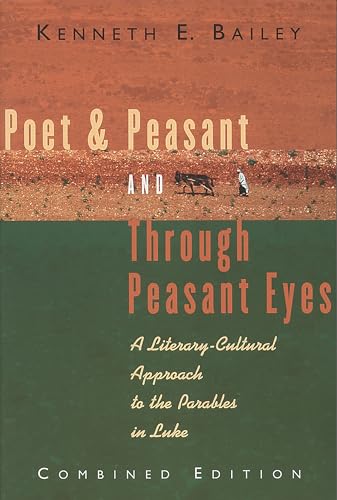Tensions in contemporary theology
Written by Stanley N. Gundry and Alan F. Johnson Reviewed By John Jefferson DavisTensions in contemporary theology is quite likely to become a standard work in evangelical colleges and seminaries. After surveying the backgrounds of contemporary theology in the nineteenth and earlier parts of the twentieth century, the authors present expositions and evangelical evaluations of major theological developments in the sixties and seventies: secular theologies, the theology of hope, process theology, and recent Roman Catholic theology. A concluding chapter presents evangelical theological options for the future. The authors and titles of the chapters in this collection are as follows: Bernard Ramm, ‘The fortunes of theology from Schleiermacher to Barth and Bultmann’; Vernon Grounds, ‘Pacesetters for the radical theologians of the sixties and seventies’; Stanley Obitts, ‘The meaning and use of religious language’; Harold B. Kuhn, ‘Secular theology’; David P. Scaer, ‘Theology of hope’; Norman Geisler, ‘Process theology’; David F. Wells, ‘Recent Roman Catholic theology’; and Harold O. J. Brown, ‘The conservative option’. The quality of analysis in the various essays is uniformly good, and consequently, Tensions in contemporary theologyrepresents a valuable addition to such widely used works as Bernard Ramm’s Handbook of contemporary theology and Creative minds in contemporary theology, edited by Philip Hughes, which do not deal with the more recent theological developments of the late sixties and seventies.
As must inevitably be the case for any work attempting to cover such a vast range of material in a single volume, there are some limitations. Ramm’s survey of the nineteenth century backgrounds is concise, accurate, and very helpful, but one might have wished for a more expanded treatment of Kant, given the magnitude of his influence on the development of later theology. The one paragraph devoted to Kant does not adequately specify the impact of Kant’s strictures on human reason’s ability to conceptualize the reality of God. Grounds’ treatment of Bultmann, Teilhard de Chardin, Bonhoeffer and Tillich is generally illuminating, but the critique of Bultmann is a bit brief, and the analysis of Teilhard seems a bit too dependent on secondary sources. With regard to Tillich’s christology, in my judgment the real weakness is not so much adoptionism as the docetic tendencies in Tillich’s doctrine.
In the main, the primary limitations of this volume are not those of commission, but rather of omission. It is rather surprising to find no direct discussion of liberation and black theologies in this collection, given their prominence in recent years. These theologies represent a healthy challenge to the sociological provincialism that has characterized much conservative theology in the past. The volume would also have been strengthened by including discussions of the new hermeneutic and developments in the post-Bultmannian school. Nevertheless, Tensions in contemporary theology represents a valuable addition to contemporary evangelical literature, and is to be commended to students, pastors, teachers, and laymen alike.
John Jefferson Davis
John Jefferson Davis is senior professor of systematic theology and Christian ethics at Gordon-Conwell Theological Seminary in Hamilton, Massachusetts, and a winner of the Center for Theology and the Natural Sciences award for excellence in the teaching of science and religion.







